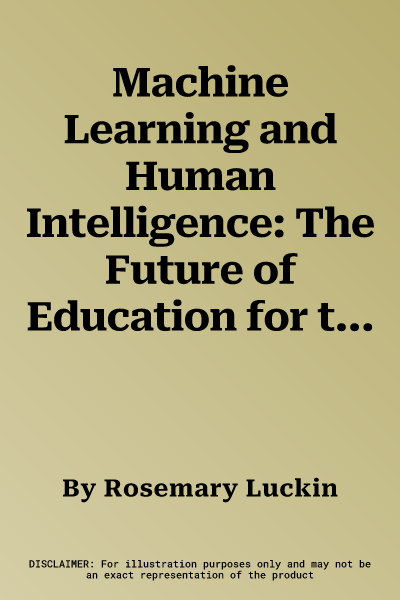Rosemary Luckin
(Author)Machine Learning and Human Intelligence: The Future of Education for the 21st CenturyPaperback, 27 July 2018

Qty
1
Turbo
Ships in 2 - 3 days
Only 2 left
Free Delivery
Cash on Delivery
15 Days
Free Returns
Secure Checkout

Print Length
160 pages
Language
English
Publisher
Ucl Ioe Press
Date Published
27 Jul 2018
ISBN-10
1782772510
ISBN-13
9781782772514
Description
Product Details
Author:
Book Format:
Paperback
Country of Origin:
GB
Date Published:
27 July 2018
Dimensions:
23.11 x
15.49 x
1.02 cm
ISBN-10:
1782772510
ISBN-13:
9781782772514
Language:
English
Pages:
160
Publisher:
Weight:
294.83 gm